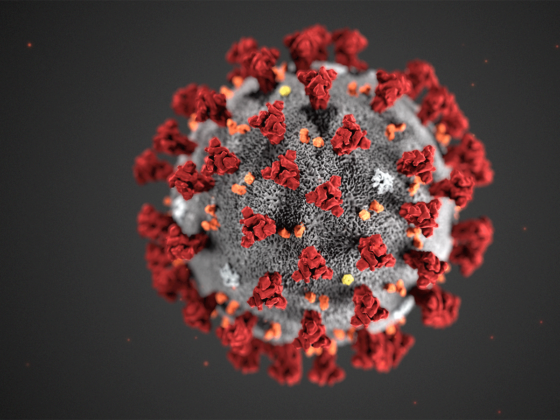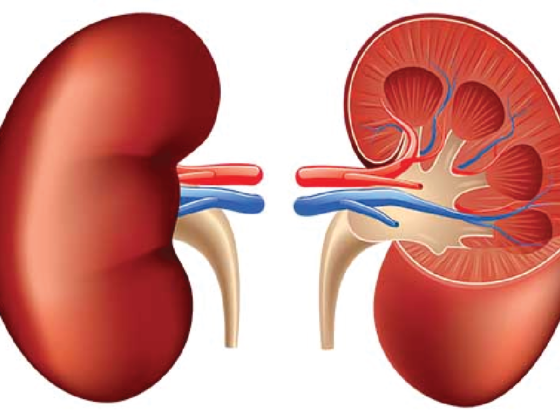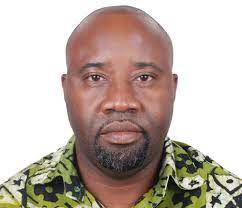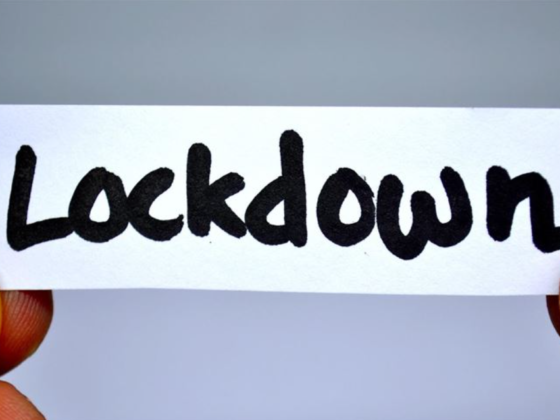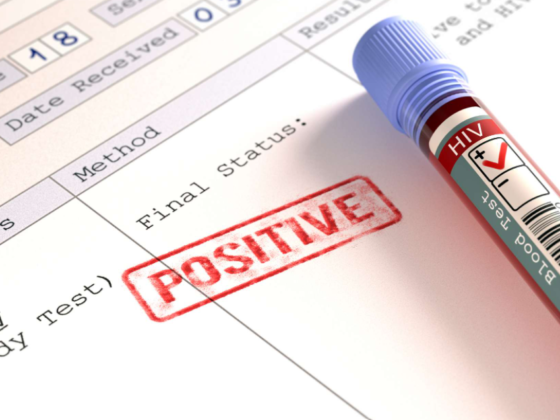Do we have a responsibility as people with mental illnesses to talk about it to help diminish the stigma? I wish we didn’t have to but we have to; it will help the present and next generations.
My story of stigma is not different from other people’s stories out there. Most people who live with mental illness have, at some point, been blamed for their condition.
We have been called names; our symptoms have been referred to as “a phase” or something we can control “if we only tried enough.” We have been illegally discriminated against, with no justice. We have also isolated ourselves, not because it best suits us.
This is the unwieldy power that stigma holds! Stigma causes people to feel ashamed for something that is out of their control. Worst of all, stigma prevents people from seeking the help they need. For a people who already carry such a heavy burden, stigma is an unacceptable addition to our pain. And while stigma has reduced in recent years in developed countries, the pace of progress has not been quick enough in developing countries like Uganda.
When I chose to become a mental health champion, I made the bravest decision of my entire life. Some people were asking why I did it. I did it for me to make sure I defeat my bipolar. Battling something in silence suffocates and kills you quickly. I did it because I don’t want any other young person to feel the way I’ve felt for so long and thinking no one will ever understand. I do not need anyone’s attention nor do I need sympathy. I have the best psychiatrist and psychologists that attend to me. But there are so many Ugandans who do not know what’s happening with and around them. Why they do what they do, why they feel tired, why they feel they have been pushed out of the queue every single time. They don’t know there’s help. I want them to understand and confront their trauma by seeking help and rising above their mental health challenges.
I take every opportunity to educate people and share my personal story and struggles with mental illness. It doesn’t matter where I am, if I over-hear a conversation or a rude remark being made about mental illness, or anything regarding a similar subject, I always try to use that as a learning opportunity and gently intervene to express how this makes me feel, and how we need to stop this because it only adds to the stigma. I have been able to get people revise their diction when referring to a mental illness or people living with mental illness. As much as this helps just one person, it is worth it for me and is deeply gratifying because one is big a number than zero.
Kyogereko Campaign
The “Kyogereko” Campaign by Mental Health Uganda is the best thing for the mental health community in Uganda. Not only have we been able to reach so many people through “social contact” events, we have also become a support system for each of us with a lived experience of mental illness, something that is lacking in the mental health field in Uganda.
Through social contact, we engage one on one with people that may not have lived experience of mental illness to share our stories in hope that they understand that mental illness is manageable and can happen to anyone but can also be overcome.
This approach is powerful and we believe that when people talk to each other and establish a common ground, prejudices and assumptions are often challenged and replaced with mutual understanding and respect. These discussions allow people to open up, ask and have questions answered thereby correcting so many myths around mental illness. This can change attitudes and behaviors. Our campaign is proving that this is an incredibly effective way to reduce stigma and discrimination against people living with mental illness.
Statistics
If you have a mental illness, know that you are not alone. The World Health Organization says that 10% of persons in any population have mental health problems. Further, a recent national health survey reports that 35% of Ugandans reported to have suffered from mental disorders. Whatever you do, stay connected to others and get support. Organizations such as the Mental Health Uganda offer educational and supportive resources for people and families who are affected by mental illness. Get treatment so that you can experience reduced symptoms and a better quality of life. If you do not have a mental illness the bitter fact is you can get it anytime; be more kind, educate people around you about the reality that mental illness is more common than people realize and speak out against stigma. If a family member or friend makes a disparaging remark about someone with a mental illness, educate them and have a no tolerance approach to stigma. When someone reaches out for your support, at least offer your listening time, and help people access professional support. While stigma continues to exist, it can be eventually eliminated with greater education and awareness about mental illness. Also visit: www.kyogereko.co.ug
Nsubuga Allan
Mental Health Champion
Mental Health Uganda


